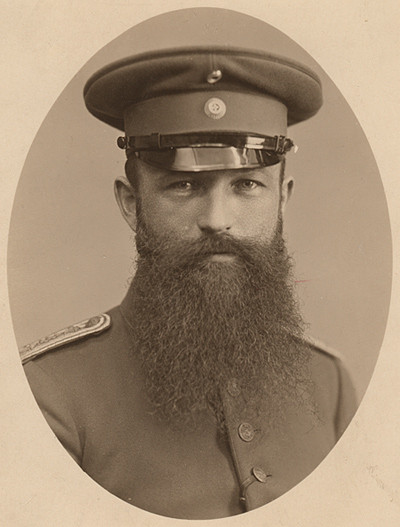Torah Study with Richard Spencer
Richard Spencer of the National Policy Institute has emerged as the new media villain du jour, replacing the post formerly held by David Duke in the public imagination. Recently I watched an exchange between him and Hillel Rabbi Matt Rosenberg during the Q&A portion of a talk Spencer gave at Texas A&M University.
Rabbi Rosenberg starts by saying “You come here with a message of radical exclusion. My tradition teaches a message of radical inclusion and love, love as embodied by Torah. Will you sit down with me, and study Torah, and learn love?” he continues.
As a thought experiment I’d like to imagine that at this point Spencer said “Yes. I will study Torah with you Rabbi.” The two of them find a quiet corner somewhere on the Aggie campus, and sit down together.
I thought they might begin with a brief discussion of Hebrew relations with the Amalekites, a nomadic people of Israel descended from Esau, whom the Torah instructs Jews to utterly destroy:
It shall be that when the Lord, your God, gives you rest from all your enemies all around, in the Land that the Lord, your God, gives you as an inheritance to possess it, you shall blot out the memory of Amalek from under the heaven. Do not forget it. (Deuteronomy 25: 19)
Elsewhere: “Now go and smite Amalek, and utterly destroy all that they have, and spare them not; but slay both man and woman, infant and suckling, ox, and sheep, camel and ass” (Samuel I, 15:3).
All of the Amelakites — men, women, children, babies, and even livestock — are to be slaughtered. Radical, and in its own way, quite inclusive. Read more





